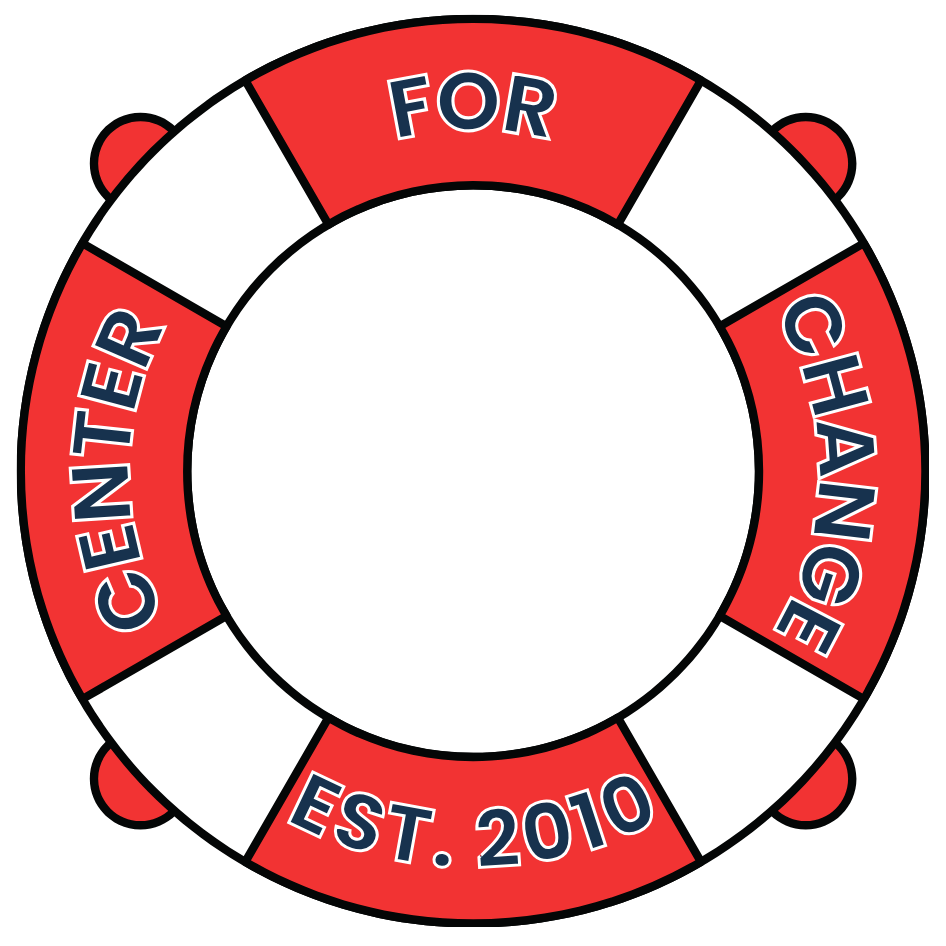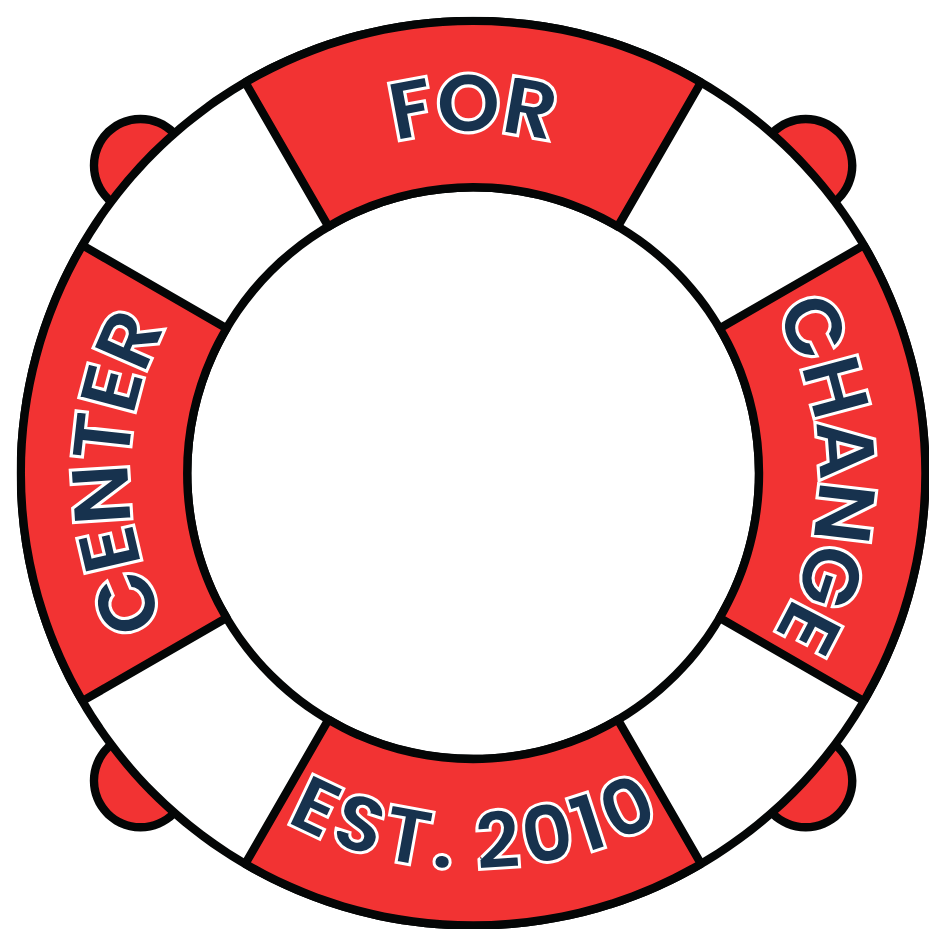
The Importance of Education in Addiction Recovery
Empowering Individuals with Knowledge
Education is a key component of successful addiction recovery. Empowering individuals with knowledge about their condition, the recovery process, and healthy coping strategies is essential for achieving lasting sobriety. At Center for Change in Wichita, KS, we provide comprehensive educational programs designed to help clients understand the nature of addiction, develop healthy habits, and make informed decisions about their recovery.
The Role of Education in Recovery: Education plays a vital role in addiction recovery by:
- Increasing Awareness: Understanding the nature of addiction helps individuals recognize the signs and symptoms of substance use disorders and the impact on their lives.
- Reducing Stigma: Education helps reduce the stigma associated with addiction, promoting a more compassionate and understanding approach to recovery.
- Promoting Healthy Choices: Educating individuals about healthy coping mechanisms and lifestyle changes encourages them to adopt behaviors that support long-term sobriety.
- Enhancing Self-Efficacy: Knowledge empowers individuals to take control of their recovery journey, building confidence and resilience in their ability to overcome addiction.
Educational Programs at Center for Change: Our educational programs are designed to provide clients with the knowledge and skills they need to succeed in their recovery journey. These programs include:
- Addiction Education: We offer comprehensive education about addiction, including its causes, effects, and the science behind substance use disorders. Clients learn about the impact of addiction on the brain and body, helping them understand the physiological and psychological aspects of their condition.
- Coping Strategies: Education on coping strategies is a crucial part of our programs. Clients learn practical skills for managing stress, cravings, and triggers. Techniques such as mindfulness, relaxation exercises, and healthy communication are taught to help clients navigate challenging situations without resorting to substance use.
- Relapse Prevention: Relapse prevention education focuses on identifying and addressing potential triggers and warning signs of relapse. Clients learn strategies for maintaining sobriety, such as developing a support network, setting boundaries, and creating a relapse prevention plan.
- Healthy Living: We provide education on healthy living, including nutrition, exercise, and sleep hygiene. Clients learn how to take care of their physical health, which is an essential component of overall well-being and recovery.
- Life Skills: Our educational programs also include life skills training to help clients build a foundation for a successful future. Topics such as financial management, job readiness, and effective time management are covered to support clients in achieving their personal and professional goals.
The Benefits of Education in Recovery: Education provides numerous benefits for individuals in recovery:
- Informed Decision-Making: Knowledge empowers clients to make informed decisions about their recovery and overall health.
- Improved Self-Awareness: Education helps clients understand their behaviors, triggers, and the impact of addiction on their lives.
- Enhanced Motivation: Learning about the benefits of sobriety and the potential for a healthier future increases motivation and commitment to recovery.
- Reduced Anxiety: Understanding the recovery process and knowing what to expect can reduce anxiety and uncertainty, making the journey more manageable.
The Role of Counselors and Educators: At Center for Change, our counselors and educators play a vital role in delivering educational programs. They provide information, support, and guidance to help clients understand and navigate their recovery journey. Our team is dedicated to creating a positive and empowering learning environment that encourages clients to take an active role in their recovery.
Education empowers individuals to take control of their recovery journey. Center for Change is committed to providing comprehensive educational resources to support clients in their pursuit of lasting sobriety. By increasing awareness, promoting healthy choices, and enhancing self-efficacy, our educational programs play a crucial role in achieving successful and sustained recovery.



About Us
Center for Change extends its support to individuals grappling with substance addiction. We accommodate flexible hours to suit your schedule, offering early and late appointments as needed. Reach out to Center for Change today to commence your journey toward addiction treatment.
Contact Us
Phone: 316-201-1234
Email: info@centerforchangeks.com
Operating Hours
Monday - Friday: 4:30am - 1:30pm
Saturday: 5:30am - 9:30am
Sunday: Closed
Location
933 N. Topeka St.
Wichita, KS 67214
All Rights Reserved | Center for Change | Site Creds
About Us
Center for Change extends its support to individuals grappling with substance addiction. We accommodate flexible hours to suit your schedule, offering early and late appointments as needed. Reach out to Center for Change today to commence your journey toward addiction treatment.
All Rights Reserved | Center for Change | Site Creds
Contact Us
Phone: 316-201-1234
Email: info@centerforchangeks.com
Operating Hours
Monday - Friday: 4:30am - 1:30pm
Saturday: 5:30am - 9:30am
Sunday: Closed
Location
933 N. Topeka St.
Wichita, KS 67214
About Us
Center for Change extends its support to individuals grappling with substance addiction. We accommodate flexible hours to suit your schedule, offering early and late appointments as needed. Reach out to Center for Change today to commence your journey toward addiction treatment.
All Rights Reserved | Center for Change | Site Creds
Contact Us
Phone: 316-201-1234
Email: info@centerforchangeks.com
Operating Hours
Monday - Friday: 4:30am - 1:30pm
Saturday: 5:30am - 9:30am
Sunday: Closed
Location
